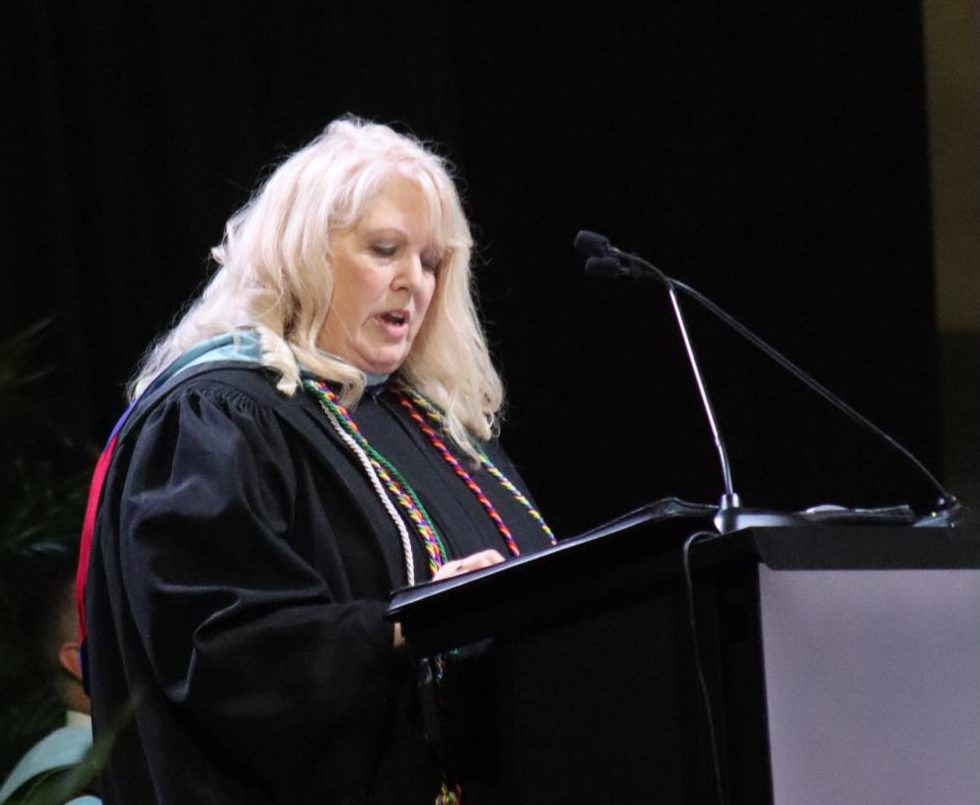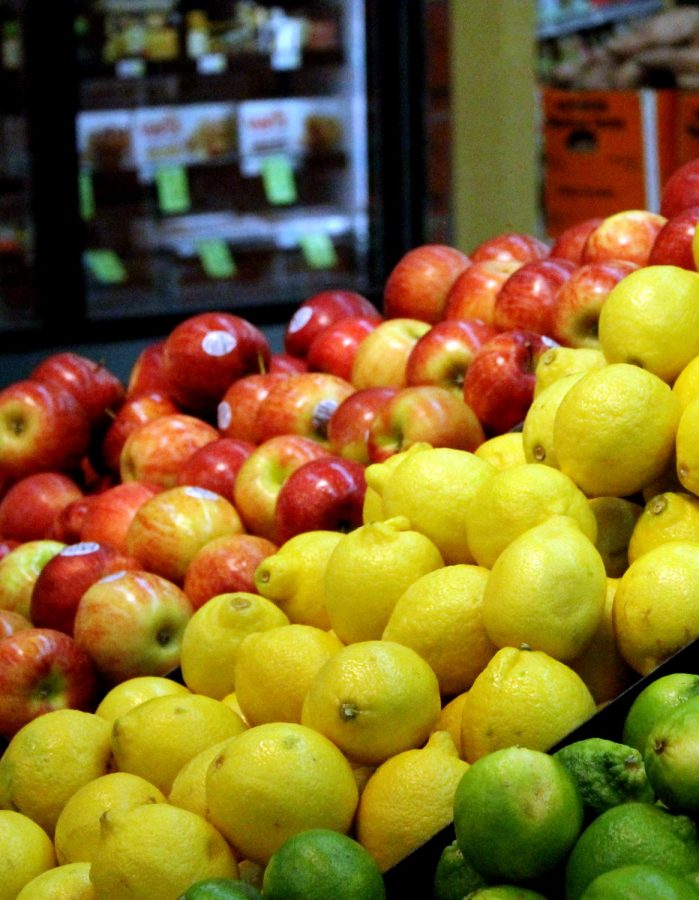Organic vs. Conventional
Finding The Ups and Downs of Eating Naturally
January 18, 2019
People who shop at grocery stores are likely aware of the revered organic food industry, and probably have varied thoughts on the subject. Whether they think organic food is healthier, more economically friendly, better tasting or a fad, most can agree that organic food is more expensive. Granted, if being healthy comes with a price, people would likely pay that price. However, are these costly goods doing anyone any good?
“I think the benefits are you aren’t eating preservatives or pesticides, and you’re just keeping harmful chemicals out of your body,” said senior Alexis Theohardis.
Consumer Reports published a 2015 study related to the price of organic food. When they compared 100 product pairings, organic and conventional, side by side, they found that on average, organic foods are 47 percent more expensive than conventional food.
Although, they also found that it was possible to find some organically grown foods that were even cheaper than conventionally grown food. For example, organic zucchini was 303 percent more expensive than conventional zucchini. For many people, these statistics, will not change their stance on organic foods if they truly think that buying organic is better.
“I am willing to pay the higher price just because I think it’s worth it in the end,” said Theohardis.
The organic foods industry, a multi-billion-dollar industry, is the fastest growing within the food industry. As of 2012, National Public Radio reported that it was worth $29 billion.
But recent studies are showing that these highly-priced goods are practically the same as convential food when it comes to nutrition. In a 2012 study by a Stanford team, they reported little significant difference between organic and conventional food. However, there is a 47 percent price difference between organic and conventional foods.
Crystal Smith-Spangler, of Stanford University School of Medicine, told NPR that there is a definite lack of evidence for organic foods.
At the same time, many organic buyers only care about one thing: pesticides. However, when researchers at the University of Oxford analyzed 71 peer-reviewed studies, they discovered that some organic products are worse for the environment than conventionally grown food. When the Soil Association asked consumers why they choose organic, 95 percent said it was in attempts to avoid pesticides.
“Most research shown on organic farms is that they should use pesticide to keep insects out of their product because insects can cause disease in the crop,” said third generation conventional farmer, in Atchison, Kansas, Craig Sholz.
Craig said the United States could not survive without conventional farming because there are too many people to feed.
There is a small amount of evidence proving or disproving that organic is healthier. Further research will prove whether more money means more nutrition.
What Do You Think About Organic Foods?

“My philosophy is to fuel your body with ‘life’ food, filled with the earth’s power and energy. The closest you can get to this is organic food,” said Profe Maki-Birchler.

“I hear that they are better for you, but personally, eating an organic apple and a non-organic has never caused a difference to me,” said junior Haley Sheldon.



























